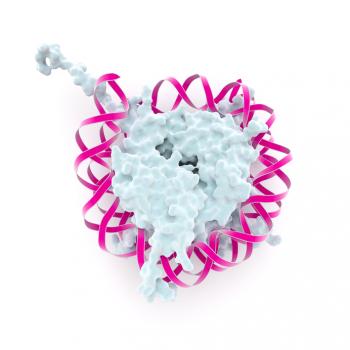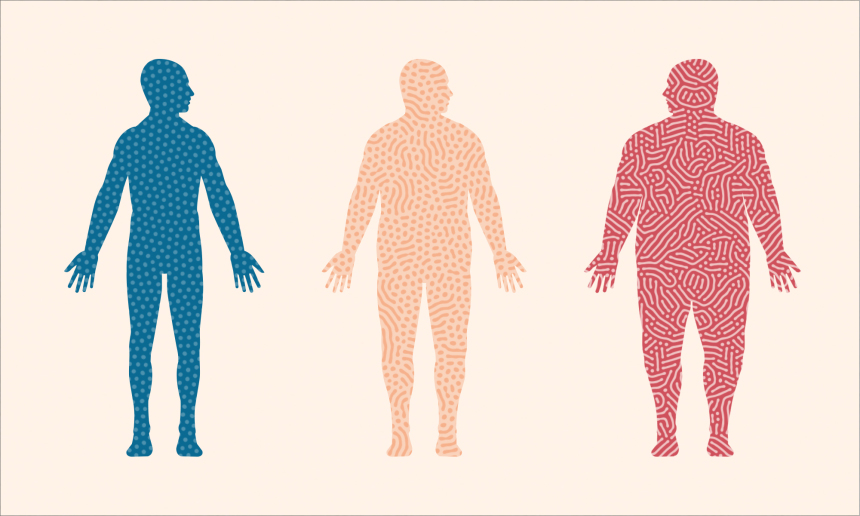In recent years, attention has increasingly turned away from DNA’s code and toward the way that DNA is packaged and the proteins that interact with it. These so-called epigenetic factors are heritable, reversible, and hugely influential.

Over the last few decades, epigenetics has become a hot scientific topic.
With potential roles in cancer, neuropsychiatric disorders, and immune disorders, it is no surprise that epigenetics is garnering such intense attention. Continue reading here.

